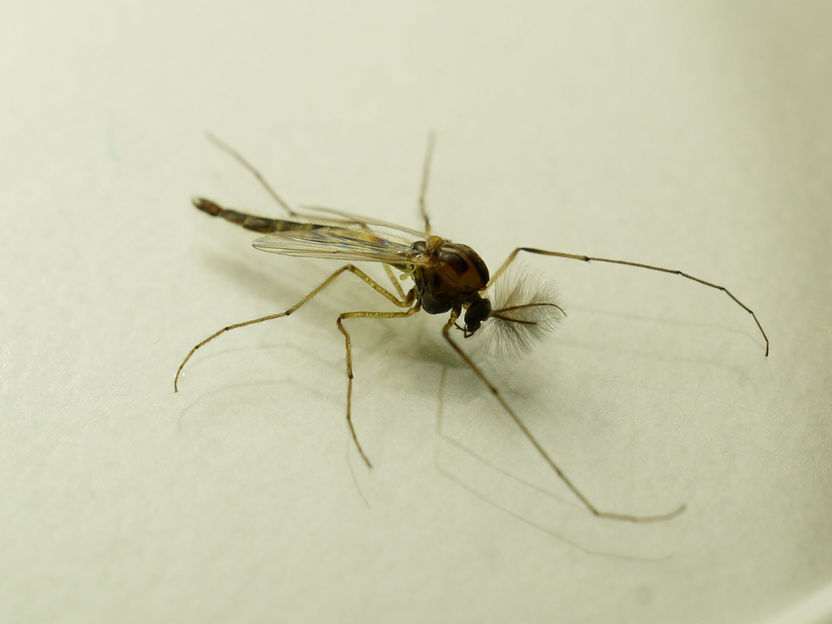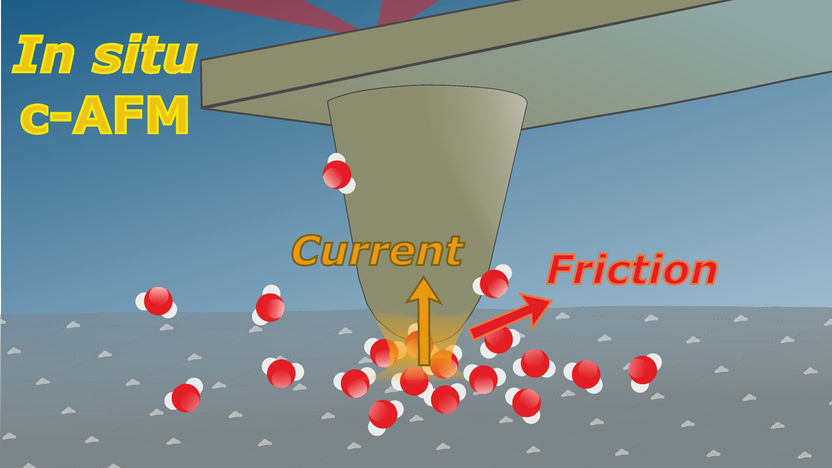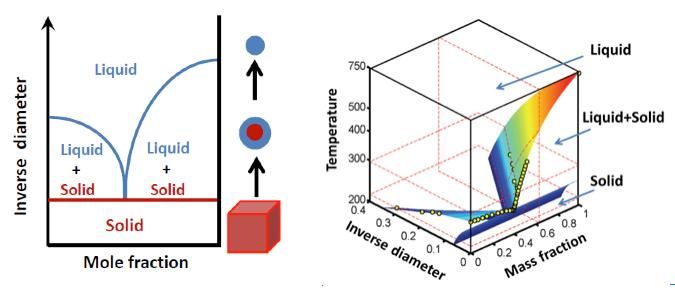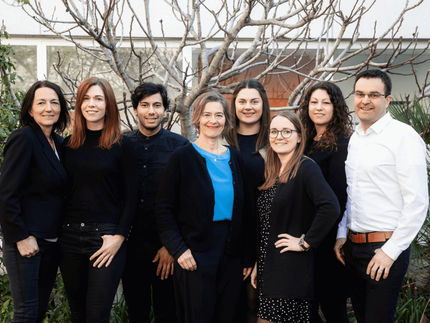New test to better assess environmental impact of substances
Researchers developed a test that investigates whether substances can cause inheritable changes in the genome of multicellular organisms such as insects
Researchers of the Senckenberg Biodiversity and Climate Research Centre and the LOEWE Centre for Translational Biodiversity Genomics hope to increase the reliability of environmental impact tests of substances. To this end, they developed a test that investigates whether substances can cause inheritable changes in the genome of multicellular organisms such as insects. The scientists use a combination of experimental approaches to breed multiple generations of the insects and bioinformatics methods to analyze the organisms’ full sequenced genome. In the future, the researchers would like this test to become a new additional standard test, as reported in the journal “Environmental Pollution.”

Researchers propose to test the mutagenicity of environmental chemicals for multicellular organisms using mosquitoes of the species Chironimus riparius.
Copyright: Markus Pfenninger
Cadmium is used in the production of fertilizers and batteries and currently pops up in a negative way as a water pollutant. Scientists of the Senckenberg Biodiversity and Climate Research Centre and the LOEWE Centre for Translational Biodiversity Genomics (LOEWE-TBG) have investigated whether concentrations of this substance that are generally deemed realistic in nature can cause germ-line mutations in multicellular organisms. Such changes in the genetic material of cells are long-term consequences with an extensive reach, since they are inheritable. Contrary to this, concentrations of a substance that are toxic primarily affect the single organism that is directly exposed to the substance.
The researchers worked with chironomid midges of the species Chironomus riparius to model multicellular organisms. The insects were exposed to a low but environmentally relevant cadmium concentration over multiple generations. “Surprisingly our analysis revealed that this cadmium concentration does not cause any germ-line mutations in chironomids. This is pretty much the exact opposite of what has previously been assumed on the basis of the current environmental impact tests. According to them this cadmium concentration is considered mutagenic in multicellular organisms,” says Dr. Halina Binde Doria, the head of the study at the LOEWE-TBG.
Environmental impact assessments are mandatory prior to the approval of substances and also test for the substances’ potential to cause mutations. However, the mutagenicity test is only conducted on bacteria or on cell cultures generated in a laboratory. “Yet, a large percentage of the biodiversity consists of multicellular animals whose complexity is not reflected by this test. For example, the cells of multicellular organisms have different repair mechanisms which gives harmful substances different points of attack. Our study therefore shows that the present-day mutagenicity tests are unreliable“, explains Professor Markus Pfenninger of the Senckenberg Biodiversity and Climate Research Centre and the LOEWE-TBG.
A new test demonstrated by Doria and Pfenninger on chironomids aims to solve this problem by looking on the full genome of multicellular organisms. “We work with insects, since they constitute 90 percent of all animal species. With our method, we breed numerous generations over a short period of time and expose them to the substances,” explains Doria. In addition, the researchers improved the evaluation via bioinformatics and developed a pipeline, i.e., a series of search protocols carried out in succession, that reliably detect germ-line mutations in the genome of multicellular organisms.
Every year, between 50,000 and 100,000 chemical substances are registered in the European Union. Those substances, if tested at all, are only subject to the current mutagenicity test. “If we carry on like this, we introduce substances into nature whose entire ecological impact we do not know. In the long term, we hope to establish our test as a new standard test in environmental impact assessments. In doing so the risk of new substances could be assessed comprehensively, reliably, and economically and we could only allow concentrations of substances that are neither toxic nor mutagenic to unicellular and multicellular organisms alike,” adds Pfenninger. The test developed by Doria and Pfenninger supports LOEWE-TBG’s aim to translate the results of basic research of biodiversity genomics into applications that benefit society.
Original publication
Other news from the department science

Get the chemical industry in your inbox
By submitting this form you agree that LUMITOS AG will send you the newsletter(s) selected above by email. Your data will not be passed on to third parties. Your data will be stored and processed in accordance with our data protection regulations. LUMITOS may contact you by email for the purpose of advertising or market and opinion surveys. You can revoke your consent at any time without giving reasons to LUMITOS AG, Ernst-Augustin-Str. 2, 12489 Berlin, Germany or by e-mail at revoke@lumitos.com with effect for the future. In addition, each email contains a link to unsubscribe from the corresponding newsletter.
Most read news
More news from our other portals
Last viewed contents

ChiraTecnics Lda. - Erbora, Portugal

Nobel Prize in Physics 2016

LAUDA declared World Market Leader

Electrocatalysis under the atomic force microscope - More insights with AFM

Edinburgh Instruments Ltd. - Livingston, United Kingdom

W. Dimer GmbH - Laufenburg, Germany
In chemical reactions, water adds speed without heat

More Electricity from the Sun - Surface modification for more effective textured perovskite/silicon tandem solar cells

Solid or liquid - the particle size matters - Max Planck researchers elucidate how the phase state of aerosol nanoparticles depends on their size

Climate Change makes Arctic Ozone Loss Worse - The expected recovery of the ozone layer may fail to happen anytime soon, if global warming is not slowed down
Applied Biosystems/MDS Sciex is the Top Supplier in the Mass Spectrometer Market




























































